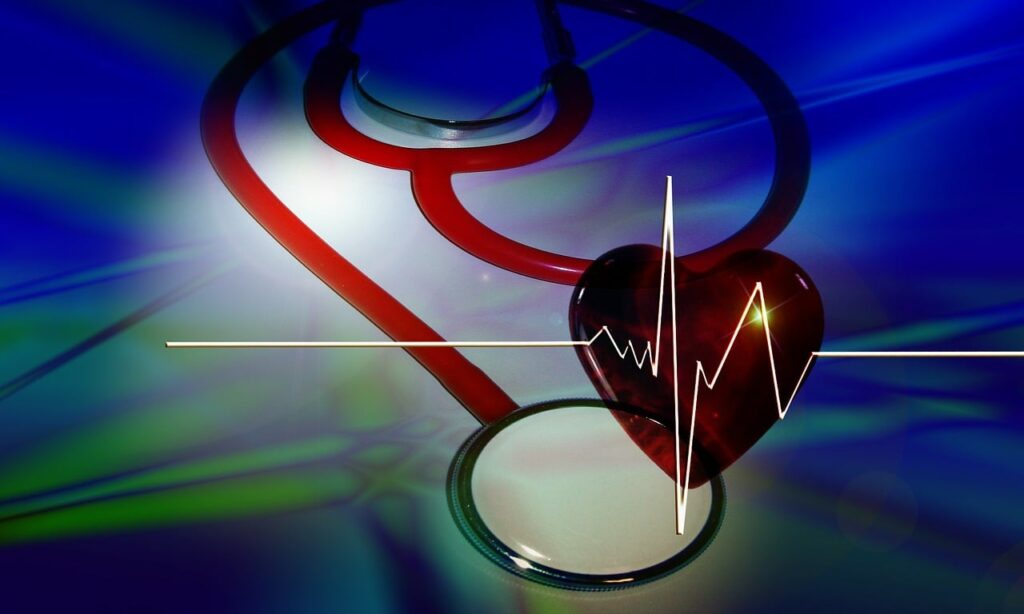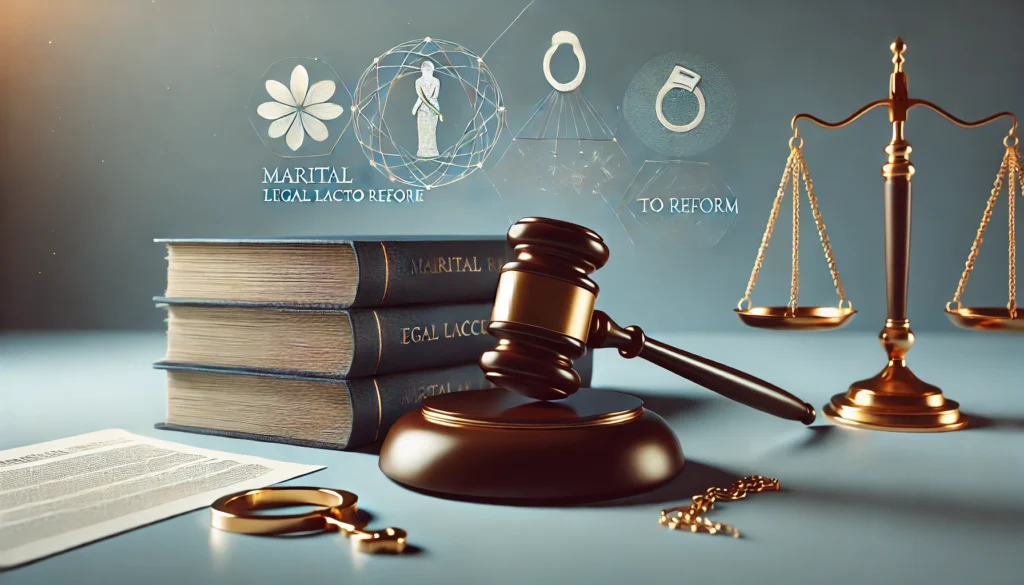Published On: 8th August, 2024

Authored By: Daksh Jhinga
Narsee Monjee Institute of Management Studies Chandigarh
Abstract
“Whenever a doctor cannot do good, he must be kept from doing harm” – Hippocrates Medical negligence throughout COVID-19 affected people who were already harmed due to the COVID-19 pandemic. Every life is precious and unretrievable. To realize its potential to the maximum level, it needs not only to be properly cared for but also allowed to live in its natural domain free from all types of diseases and material shortcomings. It also needs to be supported with viable cultural and social settings. Any kind of negligence with regard to material, cultural, and social conditions can damage the possibilities of life to reach its inherently bestowed potential. However, the most vulnerable aspect of our lives is to find proper and timely medical care in case of illness or a health calamity like that of COVID-19. This research paper intends to map medical negligence in India during the COVID-19 pandemic and its impact on the lives of its inhabitants.
Keywords: Medical Negligence, Covid-19, Breach of Duty
Introduction
The eruption of the Corona pandemic and the consequent sudden rise of COVID-19 cases have created panic and alertness around the world. It has resulted in making countries take measures to control the spread of Covid-19 including bringing awareness and imposing lockdowns. It also prompted governments all over the globe to seek new technological methods to ramp up enhanced medical facilities. At the same time, it led to the emergence of insidious malpractices in the realm of the medical profession resulting in lots of cases of medical negligence. In contemporary times medical negligence has grown into a vicious malady of its sort within the country. The scientific profession, which is generally considered one of the noblest professions, is also not immune to negligence from time to time which often results in the death of patients or impairments of their vital body parts. Medical negligence is a combination of two words: medical and negligence. The word negligence solely depicts a meaning that impinges on negligence on the part of professionals in the medical field. In India around fifty lakh medical injuries are recorded every year, out of which about ninety-eight thousand humans lose their lives due to improper medical treatment and clinical negligence. This article focuses on explaining medical negligence according to the law of torts and the liability that can be incurred by the victims as well as to provide information on this topic and spread awareness.
Research Objective
The purpose of this study is to make people aware of medical negligence and study the causes and effects of medical negligence during the Covid-19 pandemic. It assesses whether the laws are just for the patients as well as doctors and whether there shall be any changes in the laws of medical negligence.
Literature Review
Sinhmar, P., Agarwal, K., & Srivastava, A. (2022). https://www.academia.edu/79161544/Medical_negligence_during_COVID_19
In this research paper, the authors have meticulously explained medical negligence in a concise but detailed manner citing some cases also. They have first explained negligence, negligence by professionals, and medical negligence giving their views as to what the law shall be in such cases.
Malik R. Muneeb. https://www.greaterkashmir.com/todays-paper/medical-negligence-in-the-times-of-covid-19
In this paper, the author has written on medical negligence during the Covid-19 pandemic in detail specifying the role of the judiciary to address the problems of the aggrieved citizens and also taking into account various cases of negligence during the pandemic.
Negligence
The legal definition of negligence is ‘‘the breach of a legal duty of care, which results in damage to the claimant undesired by the defendant.’’[1] It is “the omission to do something which a reasonable man, guided by those considerations which ordinarily regulate the conduct of human affairs, would do or do something which a prudent and reasonable man would not do. It must be determined in all cases by reference to the situation and knowledge of the parties and all the attendant circumstances.”[2] Negligence is basically the breach of duty to take due care resulting in damages to the plaintiff. If there’s no harm, there’s no negligence. Damage is a prerequisite without which there is no negligence under tort.
Negligence As a Tort
A tort is a residuary civil wrong. Negligence can be any failure to perform the standard of care that the tortfeasor should have carried out in the given circumstances. There is always a legal duty to take care when injury due to failure to take care is foreseeable. According to jurist Winfield “negligence as a tort is a breach of a legal duty to take care which results in damage, undesired by the defendant to the plaintiff.”[3]
Medical Negligence
Medical negligence is the misconduct by medical practitioners or clinical doctors by not imparting proper carefulness and taking of proper safeguards or measures during the treatment resulting in the breach of their duties and harming patients. In Moni v. State of Kerala[4] it is mentioned that if the medical practitioner conforms to one of the recognized standards of care, then he is not negligent until he breaches his duty.
Negligence by Professionals
Professionals are those individuals who are meticulously trained in a particular kind of job/service or a profession that makes them experts in their given area of specialization. In other words, a professional is one who possesses a special skill or performs a specific job and bears the entire responsibility relating to various dimensions of his profession. Such professionals cover lawyers, doctors, engineers, etc. The Supreme Court in Jacob Mathew v. State of Punjab explained: “A professional entering into a certain profession is deemed to have knowledge regarding that profession and it is assured impliedly by him that a reasonable amount of care shall be taken to profess his profession. The person can be held liable under negligence if he did not possess the required skills to profess or he failed to take essential amount of care to profess the said profession”.[5] The law nowhere states that he shall be held liable if he fails to perform his skills but states that a professional shall take a reasonable amount of care and shall possess the required amount of knowledge as that of a reasonable person of his profession. Although the skills of different professionals in the same field differ they shall comply with the required rules of the National Medical Commission.
In case of medical negligence, a high degree of culpability is required to prove a medical professional liable for the negligence. The sufferer can bring a civil action or criminal action or even both as the case may be. The burden of proof particularly lies on the plaintiff to prove that the physician acted negligently. In certain cases, the courts have made Res Ipas Loquitur applicable where the patient suffers complications. It is known that a medical professional cannot be held liable for negligence as long as he performs his duties with reasonable skill and competence. He cannot be held liable merely for choosing one course of action in preference to another until it is not recognizable to the medical profession.
“India has been employing the Bolam rule, which it adopted from the United Kingdom, to decide medical negligence claims. The UK’s Bolam rule’s development and the Indian Supreme Court’s application of the rule demonstrate a balance between judicial involvement and deference to medical knowledge.”[6] As per this rule, the following criteria have to be fulfilled to hold the medical professional for negligence:
- It must be proved that there is a usual and normal practice.
- It must be proved that the defender has not adopted that practice.
- It must be established that the course adopted by the doctor is one that no professional man of ordinary skill would have taken if he had been acting with ordinary care.
Thus, to establish the culpability it needs to be proved that the doctor in question committed negligence in the treatment of the patient which under no circumstances a formally trained professional medical practitioner would have made in the concerned case. Also, it has been cited in cases like Jacob Mathew vs. State of Punjab that a practitioner can be judged for negligence if he does not have the required skill for the job or did not exercise caution while treating the patient. A doctor is not given immunity from torts or contracts because the medical professional requires a degree under which he is liable to his client a duty in torts and contracts that he will perform his service with reasonable care.
Medical Negligence During the COVID-19 Pandemic in India
Medical professionals know that a slight error can lead to health hazards and risks. During the COVID-19 pandemic, not only negligence but also acts of forgery and malpractices caused a lot of problems in the country. Inadequate medical infrastructures, like shortage of life-saving drugs, oxygen cylinders, and beds and wards in hospitals further aggravated the Corona pandemic in India. The scarcity of oxygen cylinders caused havoc in some places where the pandemic was most severe. A large number of causalities, due to the unavailability of oxygen cylinders in Uttar Pradesh were reported in almost all national newspapers forcing the state government to take quick action against the erring officials and the concerned medical personnel. The severity of the unavailability of oxygen cylinders and the resultant causalities prompted many Non-Governmental Organizations (NGOs) and Gurudwaras in New Delhi and elsewhere to lend a supportive hand to the hapless victims of the COVID-19 pandemic. The Gurudwaras providing Oxygen facilities in the open, just outside their sacred complexes, is a clear case of a severe shortage of such medical facilities in government and private health services. To provide such medical aids, one also needs to be extra cautious about the proper handling of the medical equipment as well as related sanitation requirements which also shows medical negligence on the part of the healthcare department Apart from NGOs and Gurudwaras, oxygen cylinders were also distributed by some people as medical charity during the Pandemic.
Another instance of medical negligence during the coronavirus pandemic was the suddenly heightened rates of hospitalization charges, prices of life-saving medicines, and the scarcity of health services in small towns. Last but not least the huge gatherings of people at election rallies in poll-bound states also added to the spread of the Covid-19 pandemic. Such gatherings caused by the election process are also another form of negligence that further adds to the already existing medical negligence.
Findings and Conclusion
Although many times doctors have to work under such high pressure, especially during pandemics like Covid-19, there shall be proper laws for medical negligence and doctors should be given some immunity during these kinds of times but this should not violate the patients right to law and order. “In our country recently in a case Krishna Iyer v. State of Tamil Nadu and others”[7] the supreme court awarded a compensation of 1.8 crores on July 1, 2015, as she lost her eyes in 1996. Though the medical profession is such a delicate job that requires a lot of care as well as patience it doesn’t mean that doctors can be given immunity from all negligence. Many people are already victims of lethal diseases so, we should focus on improvising the profession so that individuals don’t succumb when they come to get healed. A unique and independent legislature must be set up to govern the malpractice giving equal rights to all people rather than including this negligence under other laws.
References
- Bangia, R.K. Law of Torts Allahabad Law Agency
- Monmoon, Talukder Medical Negligence During COVID-19 Pandemic Outbreak is a Paramount Dispute of Healthcare System https://www.grin.com/document/935185
- https://tripakshalitigation.com/medical-negligence-during-covid-19-in-india/
- https://www.legalservicesindia.com/law/article/2023/27/MEDICAL-NEGLIGENCE- AMID-COVID-19-WHOM-TO-BLAME-?id=2023&u=27
[1] Blog.ipleaders.in/negligence-in-the-law-of-torts/ visited on 9.10.2022
[2] Blythe v. Birmingham Waterworks Co. 11 Evch. 7S4, nitroglycerin case, 15 wall, 536,21 I Ed. 206
[3] https://www.lawteacher.net/free-law-essays/tort-law/negligence-as-a-tort.php
[4] SA. No. 832 of 2000(G).
[5] A.I.R.2005 S.C. 3180
[6] https://www.epw.in/journal/2019/42/special-articles/medical-negligence-and-law.html
[7] 2015 STPL(Web) 1239 SC





